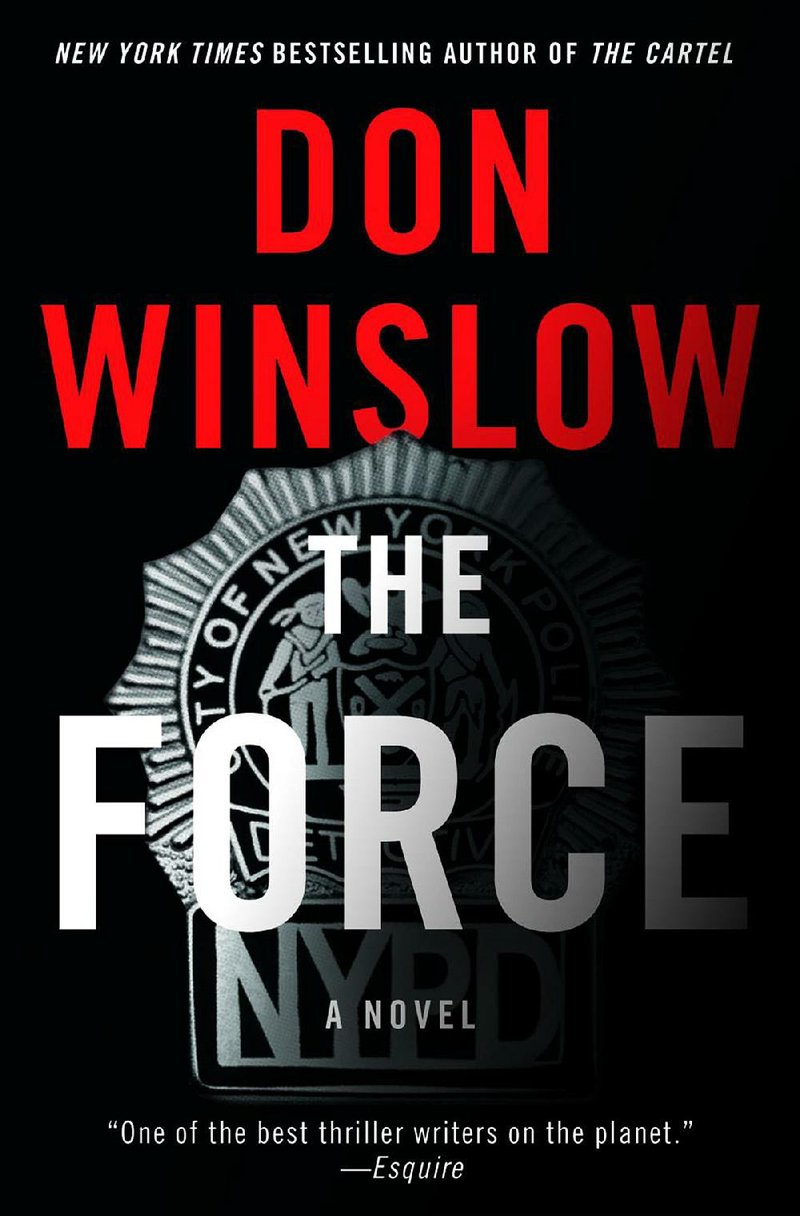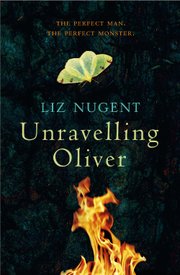The nightstand is getting crowded; it's time to clear it off. Here's some stuff I've been reading lately.
Don Winslow's The Force (William Morrow, $27.99) has been compared to Game of Thrones, and though I haven't watched the series or read any of George R.R. Martin's books, I get it. This is a sprawling, wonderfully entertaining and occasionally over-the-top novel about the demise of a good but crooked New York cop (in police work the two attributes are not mutually exclusive) told in a compelling running internal monologue by the cop himself, Detective First Grade Denny Malone. He's a stereotypical, arrogant Irish kid from a Staten Island family that has supplied "the city" with cops and firefighters for generations.
Denny sees himself as the king of Manhattan North (the Upper West Side, Harlem), where he's part -- and the de factor leader -- of a task force designed to get guns and narcotics off the city streets. Denny understands that to be effective he and his crew -- redheaded Italian Russo, black-guy-nearing-retirement Montague, and straight-arrow Jewish newcomer Levin -- sometimes have to engage in extra-legal tactics. He's a pragmatist that way.
He has a wife and kids on the Island but he's estranged (and conflicted), living in the city with a beautiful nurse with a taste for jazz and junk. Denny enjoys the city's vibe and wears a kind of plainclothes hipster uniform of black denim and leather. He has a savant's knowledge of old school hip-hop lyrics. From the get-go we understand he's a pathetic, self-deluded guy who deludes himself that he's wise to the world.
He's also a genuine hero, having pulled off the largest heroin bust in the city's history.
But that bust sowed the seeds of Denny's undoing. It would have been even bigger had Denny and company not decided to avail themselves of half of the perp's cash and product in order to secure their retirements and their kids' college funds. After all, Denny knows what you skim off the bad guys can mean the difference between retiring in a "Tucson trailer park" or a "West Palm condo."
They'd all taken bribes and confiscated dealers' cash before; everybody's "gotta eat," and it's just part of what they believed they had to do to survive. But taking the heroin was something else -- it does them no good unless they deal it. And if they deal it, can they really pretend they're any better than the people they're rousting and arresting?
Maybe this sounds familiar. Maybe that's the point. Winslow is a smart writer, one who doesn't get in his own way or find it necessary to reinvent the wheel. Despite the narrative device, which might make you think of stream-of-consciousness, and Leopold Bloom staggering through the streets of Dublin in Ulysses, The Force is a Teflon-jacketed speed read. It's not heavy, just a blast. Winslow skews closer to Richard Price and Elmore Leonard than James Ellroy as a writer of cop fiction -- as jargon-studded (and hilariously obscene) as Denny's language is, it never grazes ashcan poetry. It does the job effectively, with forward-pulsing rhythms, funny anecdotes and shrewd characterizations.
Reading The Force is almost a widescreen cinematic experience. And yes, there is already a movie in the works, with a release date in 2019.
...
For some reason New York stories have occupied us recently; my wife, Karen, is in the middle of Jay McInerney's 2016 novel Bright Precious Days (which I mistakenly thought was a sequel to his 1984 Bright Lights, Big City; instead it's the third in a series that includes 1992's Brightness Falls and 2006's The Good Life). She says I need to read it (and I will) for McInerney's evocation of lower Manhattan, specifically Tribeca, where we've spent a bit of time.
And I have been telling her she needs to read Emily Culliton's very funny debut novel The Misfortune of Marion Palm (Knopf, $25.95) for its Brooklyn locations, including Brighton Beach and Sunset Park, less-hip areas of the borough that we got to know a couple of years ago. But that's hardly the only reason to read this dark comedy about a mother of two married to a would-be poet with a trust fund who -- in a manner not that terribly different from the aforementioned Denny Malone -- finds it necessary to abandon her family.
Finally, something nice should be said about another first novel, Liz Nugent's psychological thriller Unravelling Oliver (Scout Press/Simon & Schuster, $26) an exquisitely structured study of a sociopathic children's author that's simultaneously unnerving and as satisfying as an ink-finished crossword.
Email:
pmartin@arkansasonline.com
blooddirtangels.com
Style on 10/01/2017

